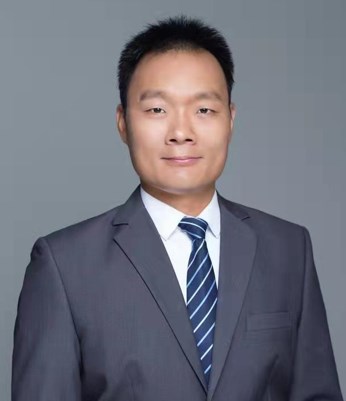Invited Speaker

Yinggang Miao
Associate Professor, Northwestern Polytechnical University, ChinaSpeech Title: Controllable Kilohertz Impact Fatigue Loading Functioned by Cyclic Stress Wave and Its Applications for Alloy and Threaded Joint
Abstract: Engineering materials and structures are occasionally subjected to high-frequency impact fatigue in service. However, there are still gaps in the loading techniques that hinder the acquisition of enough experimental data. In this work, we developed a novel loading methodology based on stress wave guidance to achieve controllable impact fatigue of ~1 kHz frequency. Hopkinson tension bar was modified first by introducing a highly mismatched wave impedance ratio of the incident bar over specimen, ensuring nearly total refection of the incident stress waves and thereby generating successive stress waves to perform impact fatigue loading on specimen. Each unloading process was governed by specimen recovery within loading interval. The first case study was conducted by experimenting TC4 titanium alloy at the frequency of 1,048 Hz. Meanwhile, each strain, stress and strain rate are measurable during loading and recovery cycle. Finally, the comparison with the results from non-impact fatigue of 5 Hz revealed that, at high stress amplitudes, the impact fatigue life of high-frequency is lower than that of the low frequency non-impact fatigue. Both crack initiation and propagation mechanisms are influenced by load amplitude and frequency. Another case study was conducted on steel-aluminum threaded connection, which is specifically designed for focusing on mere aluminum thread failure. Its impact fatigue life is strongly dependent on loading stress amplitude. And irreversible damage occurring in threads, presents in the overall linear-elastic phase of the connection under impact fatigue loading, leading to progressive degradation of mechanical properties and eventual failure. Failure mode is predicted experimentally and verified by finite element simulated results, of uneven load/stress distribution across threads where higher stress concentrations occur near thread root, making them more susceptible to failure and progressive degradation.
Biography: Dr. Yinggang Miao, associate Professor from School of Aeronautics, Northwestern Polytechnical University in China, now works as the deputy dean of Shaanxi Key Lab of Impact Dynamics and its Engineering Application. He obtained his doctor degree in solid mechanics from the same university in 2015, and had been funded to conduct his scientific study in the University of Sydney. His current research focuses on technique improvements on Hopkinson bar for impact fatigue, dynamic cycling Mullins effect and stress relaxation behaviors, Mechanical-Electric coupling effect of advanced materials and composites under wide strain rate loading. He has published 50 papers in peer-reviewed journals such as Adv. Mater., Nano Mater. Sci., Compos. Sci. Technol., Nano Letters, I.J. Impact Eng., I.J. Fatigue, Thin-Walled Struct..

